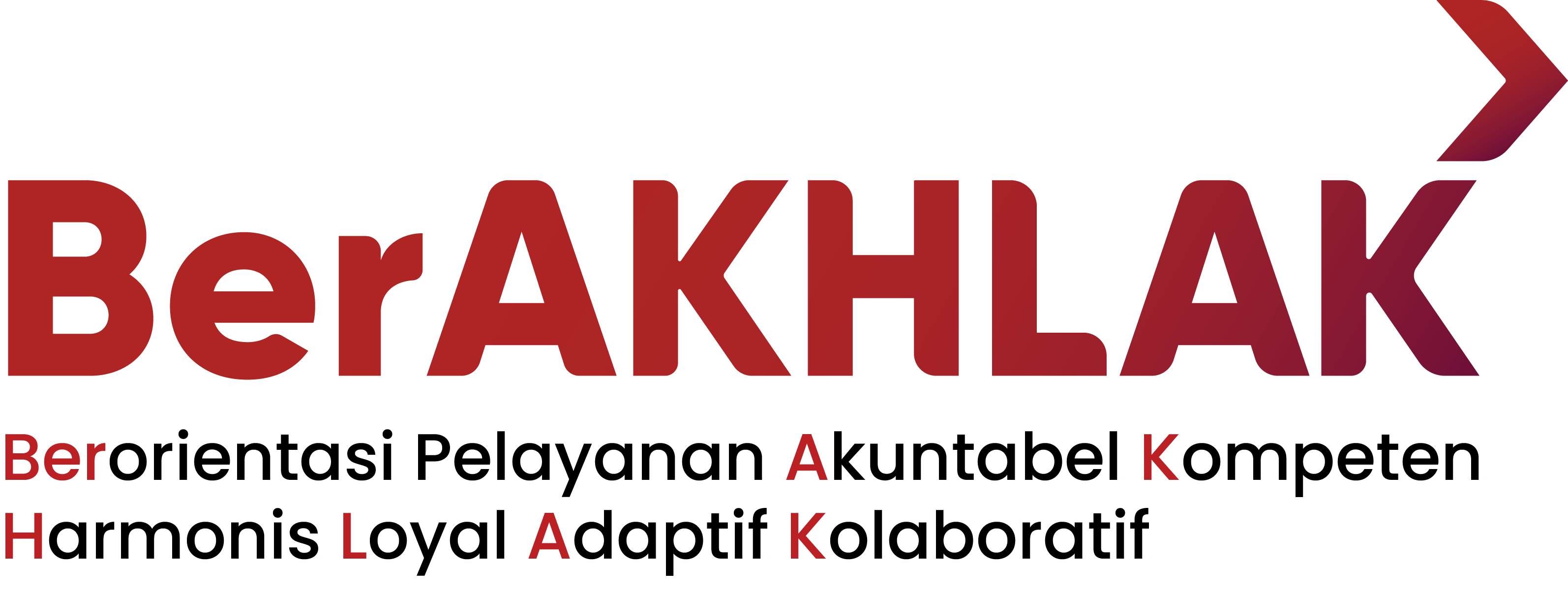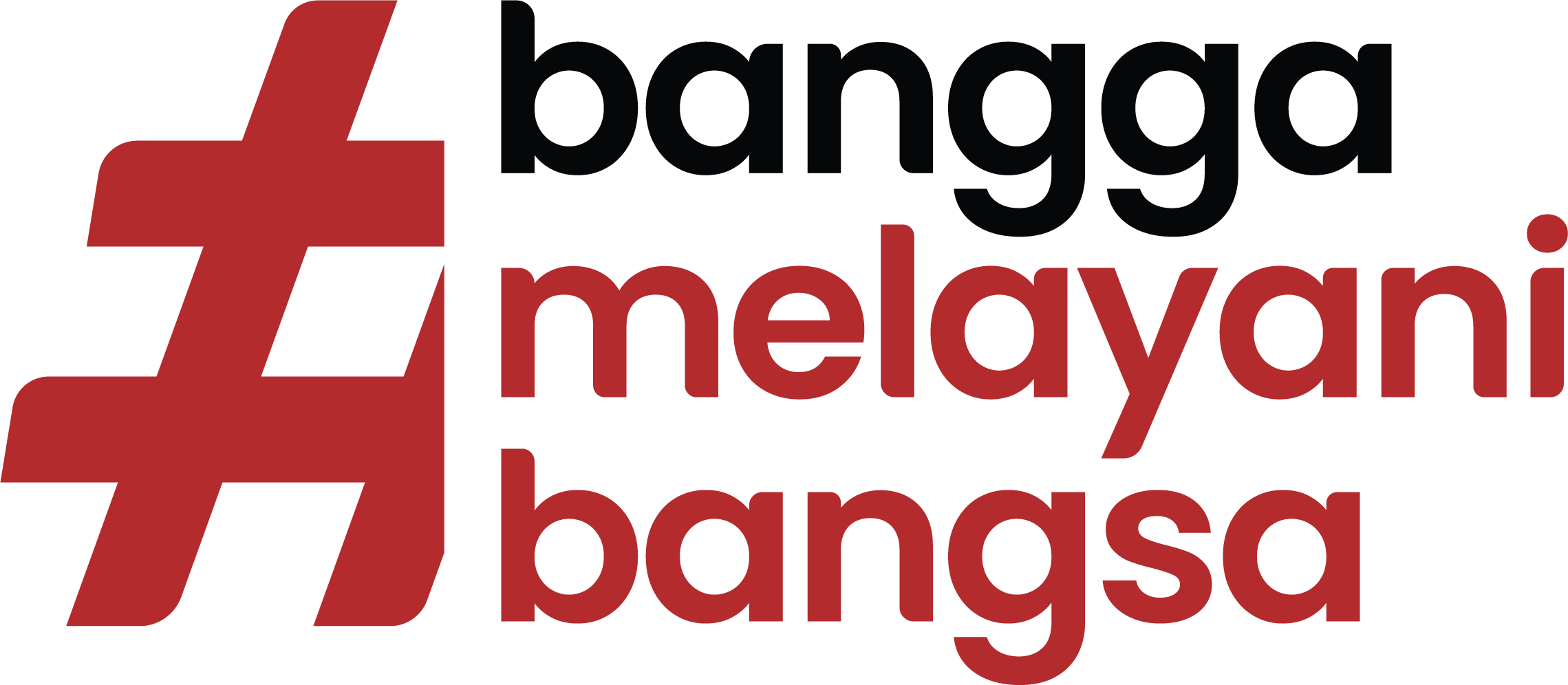Bappenas Advocates for Green Industry and Circular Economy at SAC 2024
Prime News - Tue, 08 October 2024

JAKARTA – At the 2024 Indonesia SDGs Annual Conference (SAC), the Ministry of National Development Planning/Bappenas’ Deputy for Maritime Affairs and Natural Resources Vivi Yulaswati outlined the challenges faced by Indonesia and the world regarding the planetary crisis.
"In 2019, industries contributed 34 percent of global greenhouse gas emissions. This challenge can only be addressed through new approaches to managing natural resources, such as the circular economy, which is predicted to reduce annual emissions by an average of 7.3 gigatons. If Indonesia adopts a circular economy, it can help minimize pollution, reduce material use by up to 28 percent, and cut greenhouse gas emissions by 39 percent," said Deputy Vivi on Tuesday, 8 October.
The circular economy offers a new approach to industrial waste management and more efficient use of materials. Greenhouse gas emissions and material waste could be significantly reduced if industries adopt a circular economy in their supply chains. This not only lessens environmental impacts but also extends material life and reintegrates production residues back into the system. A study conducted in collaboration with Bappenas, the UNDP, and the Danish Government shows that a circular economy in Indonesia could increase GDP by up to IDR 638 trillion by 2030, create 4.4 million new jobs, and reduce waste and greenhouse gas emissions.
Innovation and green technology are key focuses of SAC 2024. For instance, utilizing organic waste in livestock feed production is one example of reducing environmental impacts while creating new business opportunities. Through cross-sectoral collaboration, Indonesia has the opportunity to accelerate the transformation towards a green industry that supports growth while preserving the environment. A broader application of the circular economy is expected to provide tangible benefits to both the economy and the environment.
"In the future, we hope to see more companies and startups adopting innovations in creating green products that reduce emissions and pollution. With cross-sector collaboration and technology adoption, Indonesia has the potential to become one of the leading countries in building a green industry that supports economic growth and environmental sustainability," Deputy Vivi concluded.
The first parallel session, “Accelerating Sustainable Industries to Support SDGs Achievement,” discussed policies for green industry acceleration, the implementation of the circular economy, and supply chain transformation strategies to balance industrial growth and ecology. The second session, “Shaping the Future of Sustainable Work in the Era of Disruption,” focused on changes in the job sector, especially green jobs. Speakers from the World Economic Forum and LinkedIn discussed the impact of digital disruption on the labor market and the importance of education in creating sustainable jobs. Green economy financing was also highlighted in the third parallel session, which addressed collaboration and access to financing for green innovations and SMEs in the sustainable agriculture sector.
The fourth parallel session, titled "Bridging Education and Business for Sustainable Competitiveness," explored strategies to create synergy between education and industry, as well as educational innovations necessary to prepare the future workforce oriented towards the green industry. The fifth session examined social entrepreneurship as a foundation for future job creation, particularly in supporting the green economy transformation and social inclusion in Indonesia.
SAC 2024 concluded with the sixth session, themed “Small Steps, Big Impact: Environmental Literacy, Education, and Sustainable Lifestyles,” emphasizing the importance of behavioral change through environmental literacy and the adoption of sustainable lifestyles.


